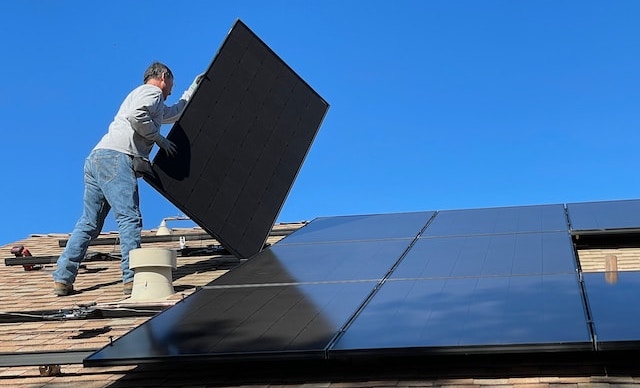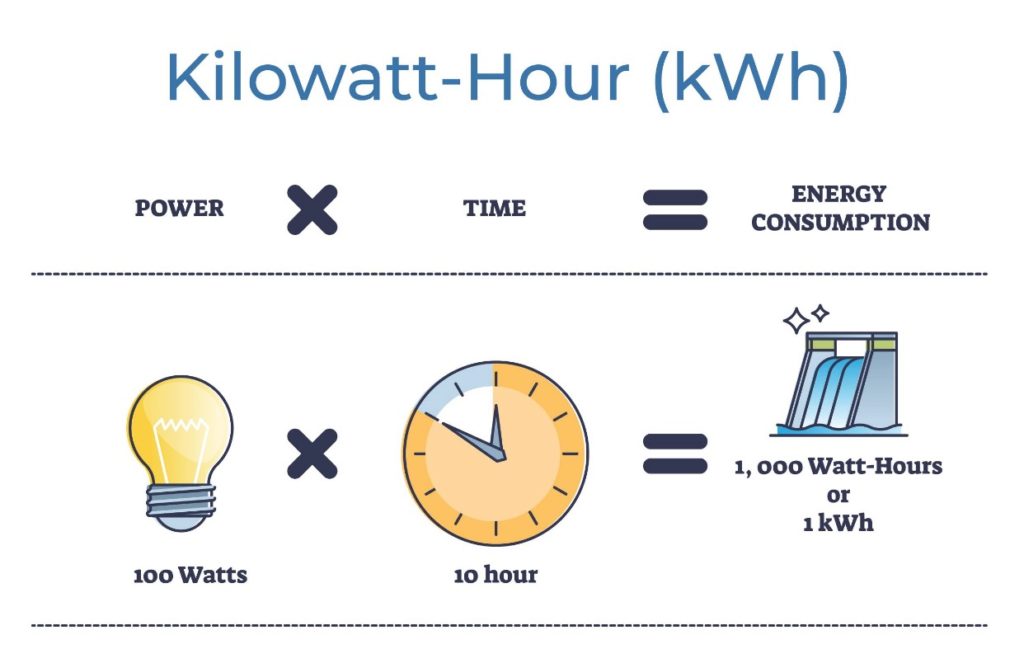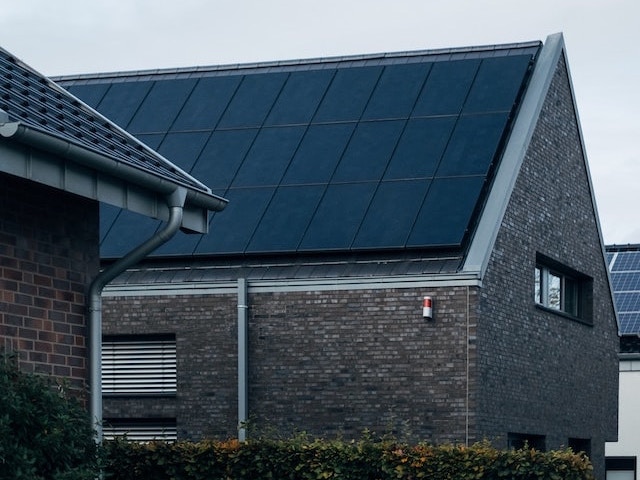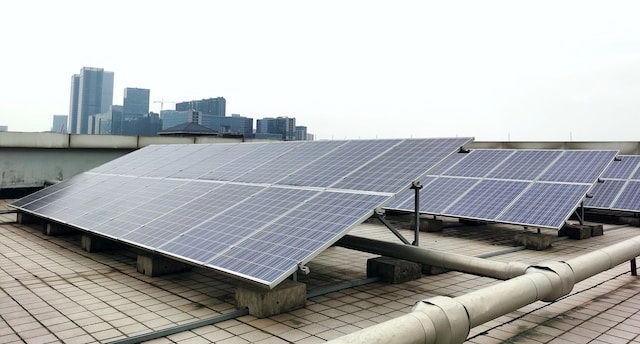Cover photo by Markus Winkler on Unsplash
Solar energy is the most popular and affordable way to generate electricity off-grid. A common question is, “How many solar panels do I need to power my home?” This will depend on your energy needs, location, and the number of sunlight hours you get. To clear the air, we’ll demystify the concepts of energy consumption, as well as answer questions like what is a watt, kilowatt, and a kilowatt-hour. With this knowledge, you’ll be able to calculate your energy usage and estimate the number of solar panels you’ll need to meet your demand.

Today’s Focus of Attention is reader-supported. We sometimes include products we think are useful for our readers. If you buy through links on this page, we may earn a small commission.
What is a “Watt”, a “Kilowatt”, and a “Megawatt”?
The watt is the most basic unit of power and is used to measure the generation and consumption of energy. One kilowatt (kW) equals 1,000 watts (kilo = ‘thousand’ as in kilometre, kilogramme, or kilobyte). So, a 2 kW piece of equipment consumes 2,000 watts. A megawatt, on the other hand, is equivalent to one million watts (mega = million), as in ‘megabytes’, or ‘megahertz’. If a solar farm near your neighbourhood generates 200 MW, that means 200 million watts.
Here’s an example of how to convert kilowatts to megawatts and vice versa: If you have an output of 15,000 kW and you want to change it to megawatts, just divide 15,000 kW by 1,000 to get 15 MW. On the flip side, for 30 megawatts to kilowatts, multiply 30 MW x 1,000 = 30,000 kW.
What is a “Kilowatt-Hour” (kWh)?

A kilowatt-hour represents the amount of electricity an appliance uses in one hour. In simple terms, if the label of an electric device says ‘1 kWh’, it consumes 1,000 watts in 60 minutes.
For example, a 100-watt light bulb burns 100 watts in one hour. So, if you have it on for ten hours, it will use 1,000 watt-hours, or 1 kilowatt-hour of energy (100 watts x 10 hours = 1,000 watt-hours, or 1 kWh).
With solar panels, we have something similar. A panel with a capacity of 500 watt-hours generates 500 watts in one hour of sunlight. In a couple of hours, the total is 1,000 watts, or 1 kWh.
Having a grasp of these basic concepts is essential when you’re considering buying a solar panel system. Even if you don’t have photovoltaic panels yet, being familiar with this information can help you manage your energy usage more efficiently.
Understanding Your Energy Consumption

Energy demand is higher during the summer due to air conditioning use and in the winter because of heating needs. Look at your electricity bills during these periods for a clearer picture of your energy consumption.
Once you have a clearer panorama of those peak times of the year, read the labels of your appliances, which show the wattage per hour they consume.
Here is a rough estimate of the energy usage of common electrical equipment:
- TV (60- to 75-inch LED 4K) 0.15 kWh per hour
- Refrigerator (Energy Star, 14 cubic feet) 34.5 kWh per month
- Air conditioning (3 tonnes, 12 SEER) 3.0 kWh per hour
- Washing machine (Energy Star) 1.9 kWh per load
- Computer (laptop) 0.02 – 0.05 kWh per hour
Understanding your appliances’ energy consumption is as simple as multiplying their wattage by the hours they run in a day. Here’s an online energy calculator to help you with that. After having your everyday energy usage, divide that total by the number of sun hours you get in a day.
Calculating Your Solar Panels
Given that PV cells produce electricity from the sun’s rays during daylight, it’s key to know how many hours of sunlight your home receives in one day.
On a daily basis, the average number of peak sun hours is five, though it depends on the country and season. If you get those 5 hours of sun rays, 1 kilowatt of solar panels would produce five kilowatt-hours. So, if your daily energy consumption is 25 kilowatt-hours, 5 kilowatts of photovoltaic cells will suffice to energise your home.

Factors to Consider
While your solar panels generate electricity during the day, their output may vary on cloudy days compared to sunny ones. Hence, it’s wise to stay connected to the grid. But if you want to be fully independent from the electric network, think about buying a battery bank. It stores the energy produced by the solar modules during the day for nighttime use – with further costs, of course.
Anyhow, having solar panels cover a part of your energy needs will undeniably reduce your electricity bill. In recent years, the price of sun power systems has dropped dramatically, making them affordable for most of us. With a variety of capacities and sizes, you can even find them on online stores such as Amazon or eBay.


